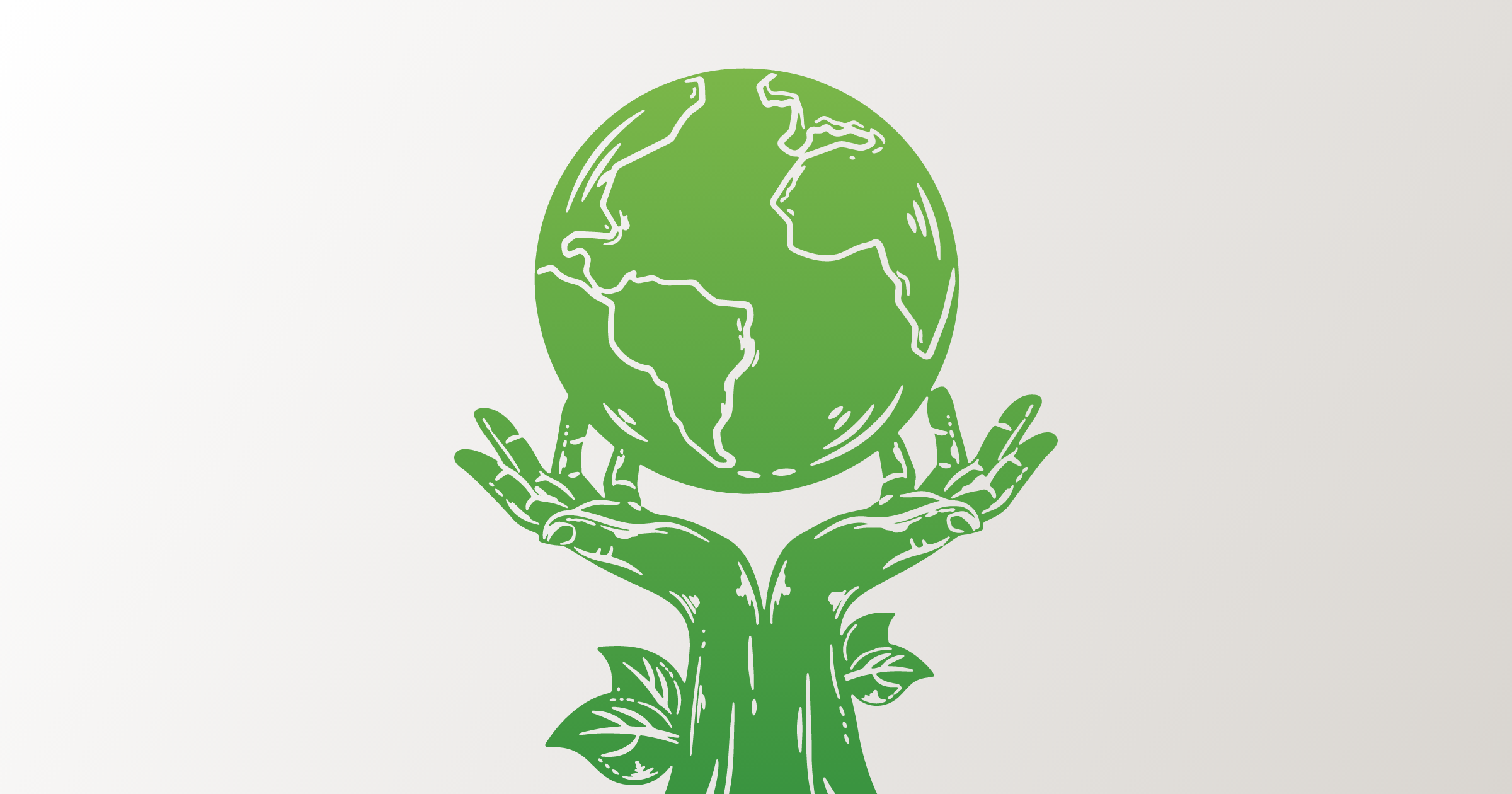Today we are celebrating Earth Day’s 51st birthday. Earth Day is now generally recognized as the world’s largest social observance, with over a billion people participating each year in a day of action to improve human behavior and inspire policy changes. From large businesses to small-town communities, from urban centers to rural farms, and from schools to governments, caring for the earth and ensuring that we leave it in better condition for future generations has become a priority for everyone.
The spread of clean, renewable energy in towns and cities around the world is one of the most promising innovations. It is the most effective response to many of our air pollution issues, as well as a critical component of our efforts to combat climate change.
As a signatory to the United Nations Global Compact, Keitaro is committed to supporting the UN’s Sustainable Development Goals (SDGs). Many of these SDGs are closely associated with the goals of Earth Day. Celebrating Earth Day can be a great way to get working on changing behavior and supporting sustainability goals, such as goals 6, 7, 11, 12, 13, 14, and 15. These objectives reach specifically towards clean water, clean energy, sustainable communities, responsible consumption, climate action, protecting bodies of water, and caring for all on land, all of which are ideally aligned with Earth Day’s intent and point.
Sustainability is important to Keitaro and we’re committed to the United Nations Sustainable Procurement Framework, especially its economic, environmental and social aspects. We do everything in our power to prevent pollution and reduce our carbon footprint by minimizing waste and encouraging remote working for our team. Working almost exclusively in a digital environment, we are virtually paper-free.
Therefore, based upon our experience at Keitaro we would like to share some ideas to join our efforts or start implementing step by step changes into daily habits.
Minimize waste
Source reduction and recycling are two waste minimization strategies that focus on preventing waste from ever being made. Start by reducing or eliminating usage of plastic on a daily basis. Plastic cutlery, straws, bowls, cups, and single-use food related products can all be avoided. Simply by being prepared and saying no, these items can be quickly replaced with recycled or multi-purpose alternatives. It’s important to carry your own items while avoiding single-use items. There are many options on the market for reusable cutlery that could last for years, and use it both at the office and on the go.
Since plastic bottles can take up to 450 years to degrade, it’s more important than ever to avoid buying plastic water bottles and instead carry our own reusable alternatives. Disposable plastic bags should be removed from use and each of us should carry our own reusable choice. Sometimes it can be easy to forget, so when ordering a drink to go, consider saying no to straws. Even though as adults we don’t need straws to consume our drinks, each of us can carry one of our own or simply decline it to prevent the unnecessary use of plastic.
Conserve resources
In order to maintain and improve the quality of life, conserving resources is the first step to do so. There are some actions to which our team is committed, such as reducing excess packaging and recycling materials such as equipment and batteries. On this list we would also include remote working, which has a direct impact on the carbon footprint. Keitaro is a work-remote company from its start, regardless of the COVID-19 pandemic in the last year. By working from home we all reduce our carbon footprint by driving cars less, or when needed we use public transportation, bicycle or walk. Saving energy is one tactic to support the conservation of resources and minimize carbon footprint. Start with small steps such as using LED lights, get an energy audit, replace outdated appliances and unplug whenever possible.
Give attention to the Earth
Besides taking actions to preserve Earth, there are also other ways to do it. While taking care to minimize the waste and conserve resources, we could use the reverse approach. Being environmentally proactive is to start gardening, create small bird feeders, keep the environment clean, shop local and start buying recycled products.
Another approach is to use our skills to support or be involved in initiatives that promote eco-friendly practices and teach younger generations about its importance and impact on the environment and our everyday lives.
Today, I will set up my compost bin and plant flowers in my yard, continuing the practice I’ve done in the past years. Let me know in the comments how you are going to celebrate Earth Day, which habits you would like to change, or share some tips and tricks.



